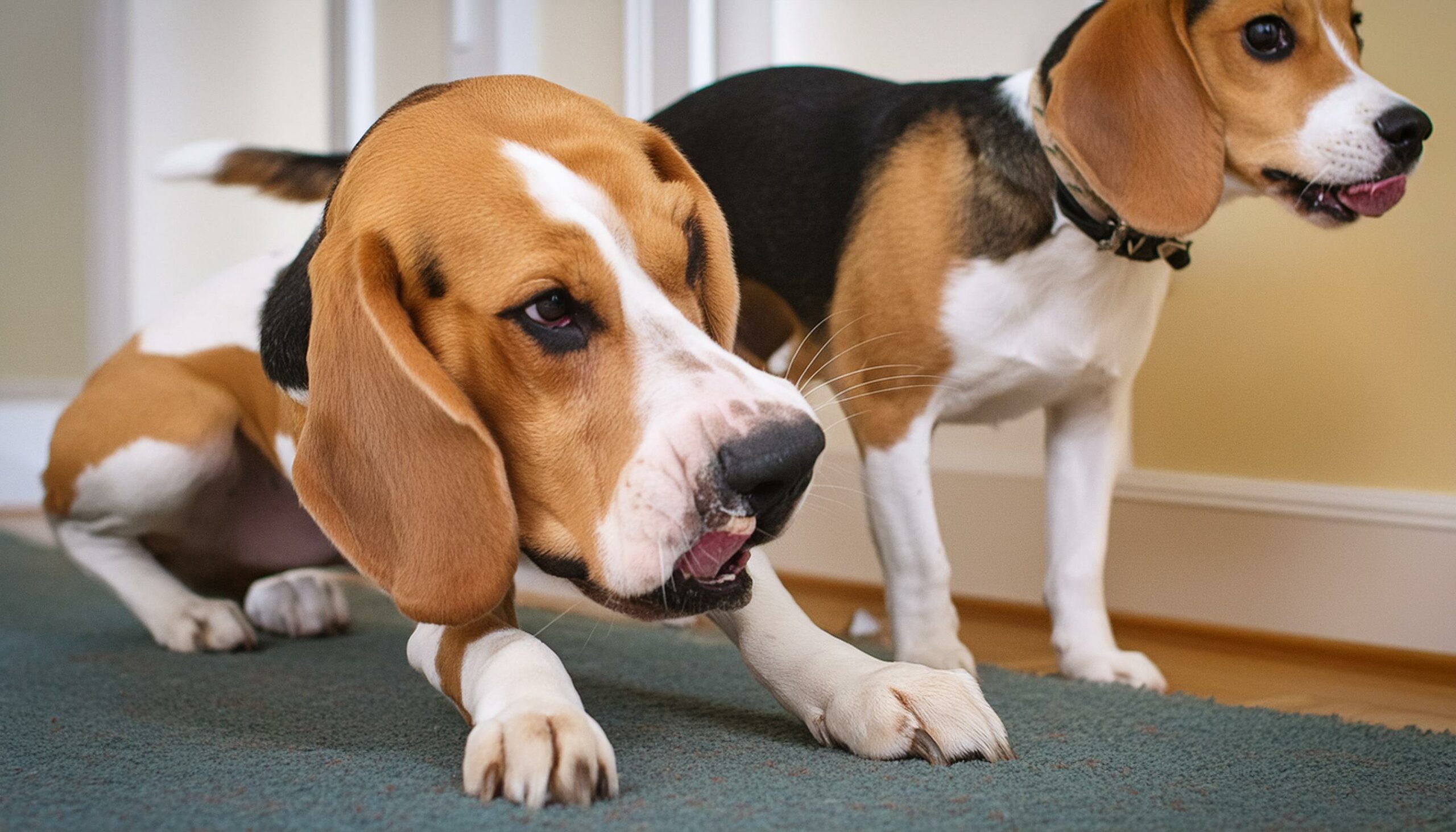Beagles are a breed known for their playful and curious demeanor. They are often described as affectionate companions, making them popular choices for families. However, beagles, like many other breeds, possess natural instincts that include biting.
Factors Influencing Beagle Biting
Genetic Predispositions
Genetics play a significant role in shaping a beagle’s behavior, including their tendency to bite. Some beagles may inherit traits such as a strong prey drive or territorial instincts, which can increase the likelihood of biting behavior if not properly managed.
Impact of Socialization and Training
Proper socialization and training are essential for shaping a beagle’s behavior and reducing the risk of biting incidents. Early exposure to different people, animals, and environments can help beagles learn appropriate ways to interact and communicate without resorting to aggression.
Frequency and Triggers of Beagle Bites
Common Situations Leading to Biting Incidents
Beagle bites can occur in various situations, including when they feel threatened, scared, or provoked. Additionally, rough play or overstimulation can sometimes trigger biting behavior, especially in younger or untrained beagles.
How Often Do Beagles Bite?
While beagle biting incidents are not as common as with some other breeds, they can still occur, particularly in certain circumstances. Understanding the triggers and warning signs of potential biting behavior is essential for preventing incidents before they escalate.
Severity and Consequences of Beagle Bites
Comparison with Other Dog Breeds
Beagle bites are generally less severe compared to those from larger or more aggressive breeds. However, any dog bite has the potential to cause injury, especially to vulnerable individuals such as children or the elderly.
Potential Injuries and Complications
Beagle bites can result in puncture wounds, bruises, or lacerations, depending on the force and duration of the bite. In some cases, infections or other complications may arise, highlighting the importance of addressing biting behavior promptly and effectively.
Effective Handling and Training Methods

Positive Reinforcement Techniques
Positive reinforcement training methods, such as rewarding desired behaviors and redirecting attention away from biting, can be highly effective in teaching beagles appropriate bite inhibition. Consistency and patience are key when implementing training techniques.
Socialization Strategies for Bite Prevention
Proper socialization from a young age is crucial for helping beagles develop confidence and good manners. Exposing them to various stimuli in a controlled and positive manner can help reduce fear or anxiety-related biting behavior.
Responsible Ownership and Prevention
Importance of Supervision and Education
Supervising interactions between beagles and children or unfamiliar individuals is essential for preventing biting incidents. Educating family members about respectful and safe interaction with dogs can help reduce the risk of accidents.
Creating a Safe Environment
Providing a safe and enriching environment for beagles can help minimize stress and anxiety, reducing the likelihood of biting behavior. Ensuring they have access to appropriate toys, exercise, and mental stimulation is essential for their overall well-being.
Seeking Professional Guidance
When to Consult a Veterinarian or Behaviorist
If beagle biting behavior persists despite training efforts, consulting with a veterinarian or certified dog behaviorist may be necessary. These professionals can assess the situation and provide tailored recommendations for managing and modifying behavior.
Available Resources
Numerous resources, including books, online courses, and local training classes, are available to help owners address beagle biting behavior effectively. Seeking guidance and support from experienced professionals can make the training process more manageable and successful.
Real-Life Examples and Success Stories

Stories of Successful Behavior Modification
Many beagle owners have successfully addressed biting behavior through consistent training and positive reinforcement techniques. By implementing strategies tailored to their dog’s individual needs, they have been able to foster healthier and happier relationships with their pets.
Conclusion
In conclusion, while beagles are generally friendly and sociable dogs, they are not immune to biting behavior. Understanding the factors influencing beagle bites and implementing appropriate training and socialization techniques are essential for responsible ownership. By providing a supportive environment and seeking professional guidance when needed, owners can help prevent biting incidents and ensure the well-being of their beloved pets.
FAQs
How common are beagle biting incidents?
Beagle biting incidents can vary in frequency depending on individual temperament and environmental factors, but they are generally less common compared to some other breeds known for aggression.
Can beagle biting behavior be corrected?
Yes, with consistent training and positive reinforcement techniques, beagle biting behavior can be effectively managed and reduced.
Are beagles more prone to biting than other breeds?
Beagles are not inherently more prone to biting, but individual temperament and genetic predispositions can influence biting tendencies.
What should I do if my beagle bites someone?
If a beagle bites someone, it’s essential to assess the situation calmly and ensure the victim receives appropriate medical attention. Consulting with a veterinarian or professional dog behaviorist may also be necessary to address underlying causes.
How can I prevent my beagle from biting?
Preventing beagle biting behavior involves proper socialization, training, and supervision. Providing a safe and stimulating environment and addressing any underlying issues promptly can help minimize the risk of biting incidents.
